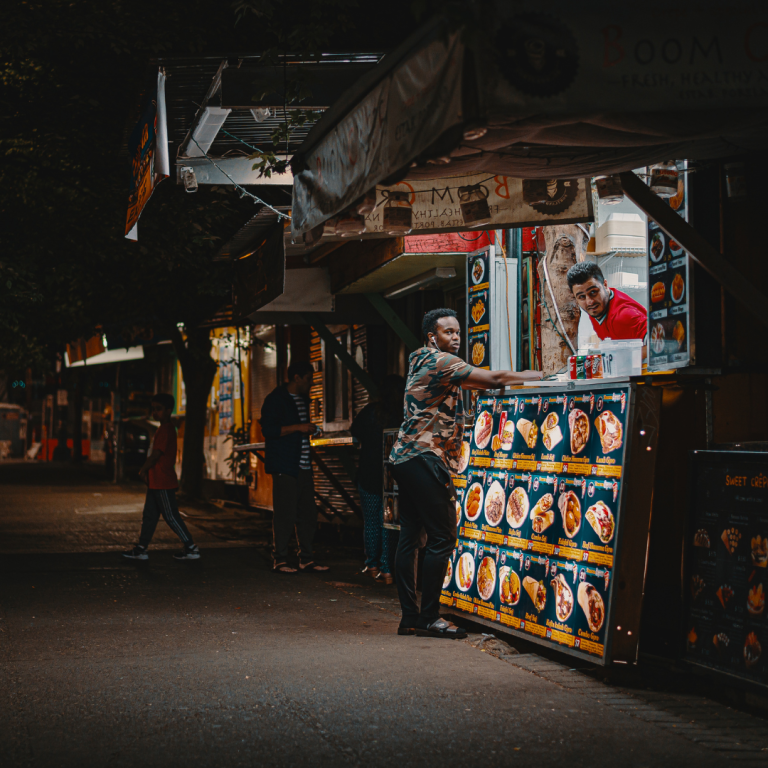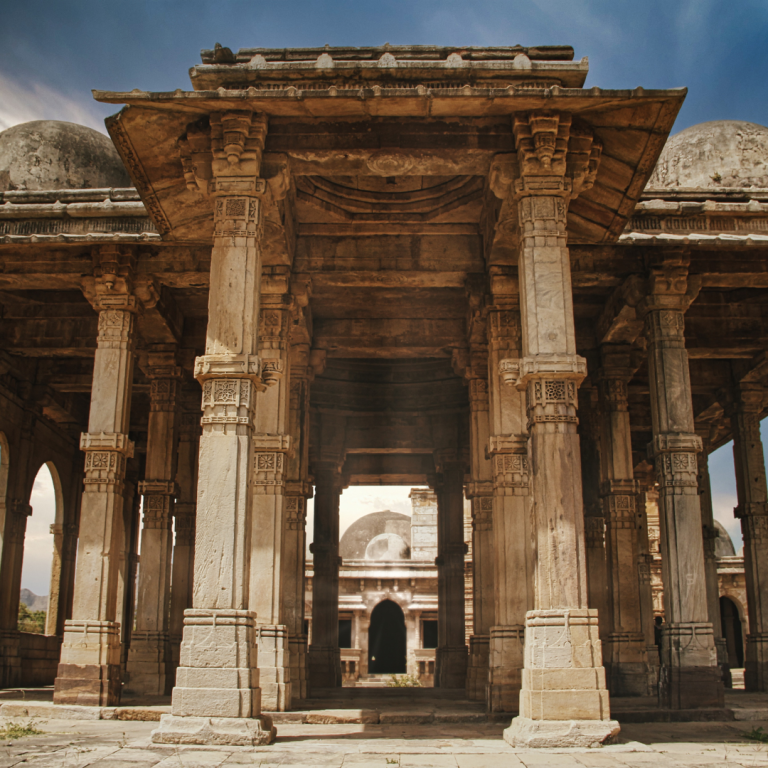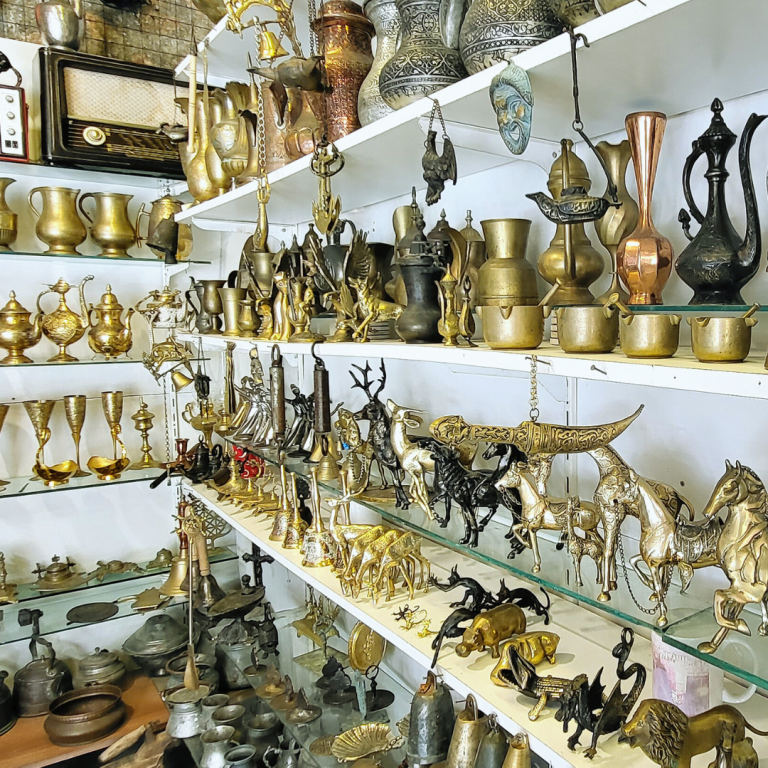Traditional festivals play a vital role in the cultural fabric of societies around the world. They serve as a means for communities to express their cultural identity, strengthen social bonds, and pass down customs from generation to generation. Through colourful celebrations, participants reconnect with their heritage and foster a sense of belonging.
These events not only showcase unique traditions but also promote community engagement. Families and friends gather to partake in rituals, share stories, and enjoy local cuisines. This interaction reinforces cultural values and encourages the preservation of unique practices amid a rapidly changing world.
In many cases, traditional festivals also attract visitors, fostering intercultural exchange and understanding. Such gatherings provide an opportunity for people from different backgrounds to learn about one another’s traditions, further enriching the cultural landscape. Embracing these festivals allows societies to celebrate their history while nurturing connections within the community.
Historical Roots and Cultural Significance
Traditional festivals are deeply woven into the fabric of cultural heritage. They serve as vital links to the past, embodying the customs and beliefs of communities. Through celebration, individuals connect with their heritage, reinforcing a shared identity.
Preserving Heritage through Celebration
Traditional festivals act as a means of preserving cultural heritage. These events often showcase age-old customs, rituals, and art forms that might otherwise be forgotten. The inclusion of historical practices, such as folk dances and traditional music, fosters an environment where cultural nuances thrive.
Communities typically engage in storytelling during such festivals, passing down significant narratives. This transmission of knowledge reinforces communal bonds and ensures the continuity of heritage across generations. By celebrating these traditions, individuals affirm their commitment to maintaining cultural practices that define their identity.
Cultural Identity and Traditional Festivals
Traditional festivals hold significant cultural importance as they shape and reinforce cultural identity. Participants display their heritage through traditional attire, food, and performances that reflect a community’s unique history. This vibrant expression fosters pride among community members and provides a sense of belonging.
Moreover, festivals often invite participation from diverse groups, promoting inclusivity and understanding. This communal aspect allows individuals to appreciate the richness of their past while engaging with others. Such interactions facilitate respect for different traditions, enhancing social cohesion and cultural appreciation within broader society.
Socioeconomic Impact of Festivals
Festivals play a vital role in enhancing local economies and promoting cultural tourism. The following subsections will explore how such events contribute to economic growth and global community engagement.
Boosting the Local Economy
Local economies often experience significant benefits from festivals. Events like Oktoberfest generate millions in revenue, not only through ticket sales but also through spending in local businesses. Restaurants, hotels, and shops see increased patronage during festivals, which stimulates job creation.
For example, during Diwali celebrations, businesses report a surge in sales of traditional goods and food items. Similarly, the Spring Festival attracts visitors and locals alike, leading to increased demand for services. Overall, the influx of visitors during these events provides a financial boost, showcasing the integral role festivals play in economic stability.
Cultural Tourism and Global Exposure
Festivals serve as a platform for cultural tourism, inviting international visitors to experience unique traditions. Events like the Festival of Lights and Oktoberfest attract tourists, thereby enhancing global exposure to local cultures.
These festivals offer engaging experiences, from traditional performances to culinary delights, allowing international tourists to connect with local customs. This interaction fosters cultural exchange, enriching both visitors and hosts. The global community benefits as authentic cultural narratives reach a wider audience, promoting understanding and appreciation across diverse backgrounds.
Community Engagement and Social Benefits
Traditional festivals play a vital role in enhancing community spirit and fostering social bonds. They encourage participation and collaboration among community members, strengthening unity and belonging. These events also facilitate cultural exchange, enriching interpersonal relationships and promoting cross-cultural understanding.
Fostering Unity and a Sense of Belonging
Traditional festivals serve as a platform for individuals to come together, cultivating a sense of belonging within the community. People engage in collaborative activities like preparing meals, decorating spaces, or participating in performances, which fosters unity.
The shared experiences during these festivals create lasting memories, reinforcing social cohesion. Participation often leads to the development of strong friendships and networks, essential for community resilience. As individuals interact, they build trust and understanding, which contribute to a more harmonious society.
Cultural Exchange and Cross-Cultural Understanding
Traditional festivals often attract diverse groups, presenting opportunities for cultural exchange. Participants share their customs, cuisines, and traditions, allowing for a richer understanding of different cultural practices.
Such interactions enhance cross-cultural understanding, breaking down barriers and reducing prejudices. As communities learn about each other’s values and histories, they develop mutual respect. This cultural dialogue can lead to innovative collaborations and a more inclusive atmosphere, benefiting everyone involved. By celebrating diversity, traditional festivals enable communities to thrive together.
Expressions of Joy and Creativity
Traditional festivals serve as vibrant showcases for joy and creativity, allowing communities to come together in celebration. These events highlight unique cultural expressions through various forms of artistic interpretation.
Festivals as a Platform for Artistic Expression
Festivals often invite local artists and performers to display their talents. Artisans present crafts that reflect their heritage, showcasing techniques passed down through generations. This not only fosters creativity but also sustains cultural traditions.
Moreover, dance and music form integral parts of these celebrations. For instance, during Rio de Janeiro’s Carnival, samba schools exhibit elaborate choreography and original compositions. These performances create an immersive atmosphere of joy, inviting participation from the audience.
Fireworks, Costumes, and Cultural Performances
Fireworks displays add a spectacular visual element to many festivals. These displays not only mark significant moments but also evoke a sense of wonder and excitement among attendees.
Costumes are another essential aspect, often representing historical or mythical figures. In Rio de Janeiro, extravagant costumes embellished with feathers and sequins transform participants into living works of art. This emphasis on creativity unites communities in shared experiences.
Cultural performances, such as theatrical productions and traditional dances, deepen the connection to cultural roots. They narrate stories and legends, keeping the spirit of the culture alive. Through these expressive forms, festival-goers find joy and a sense of belonging within their community.




